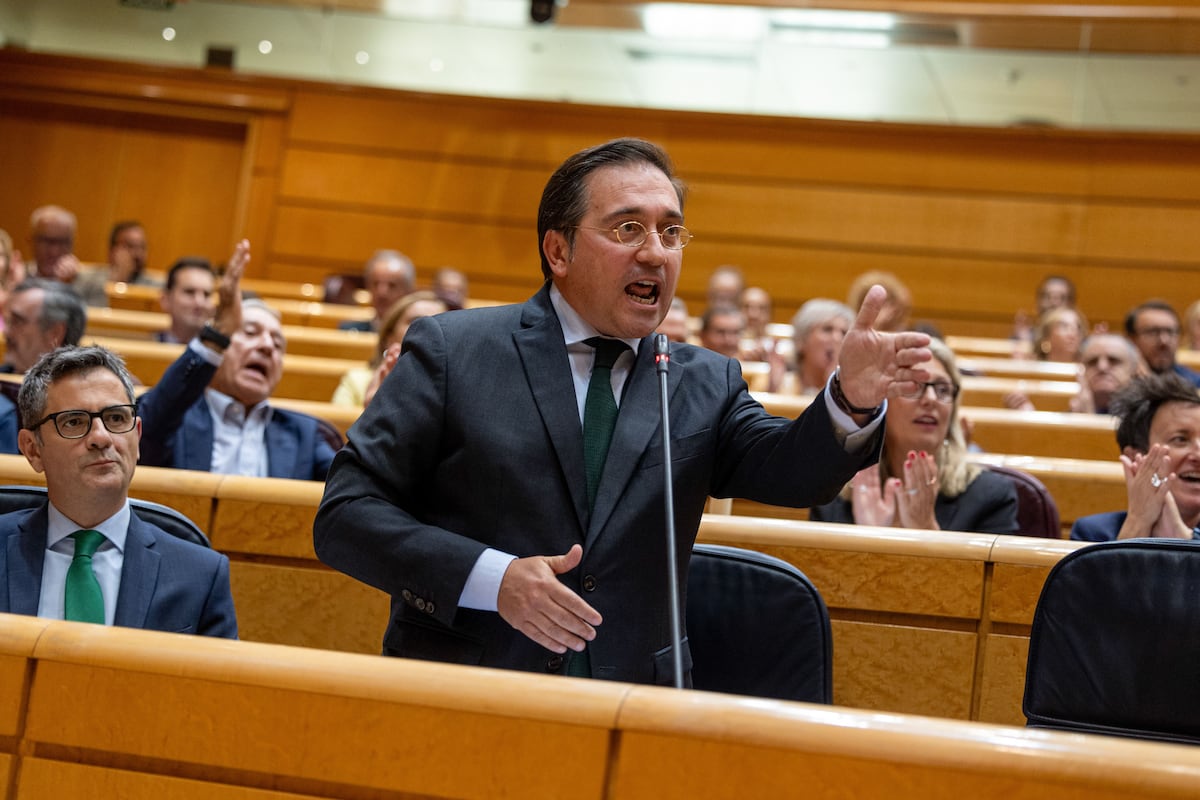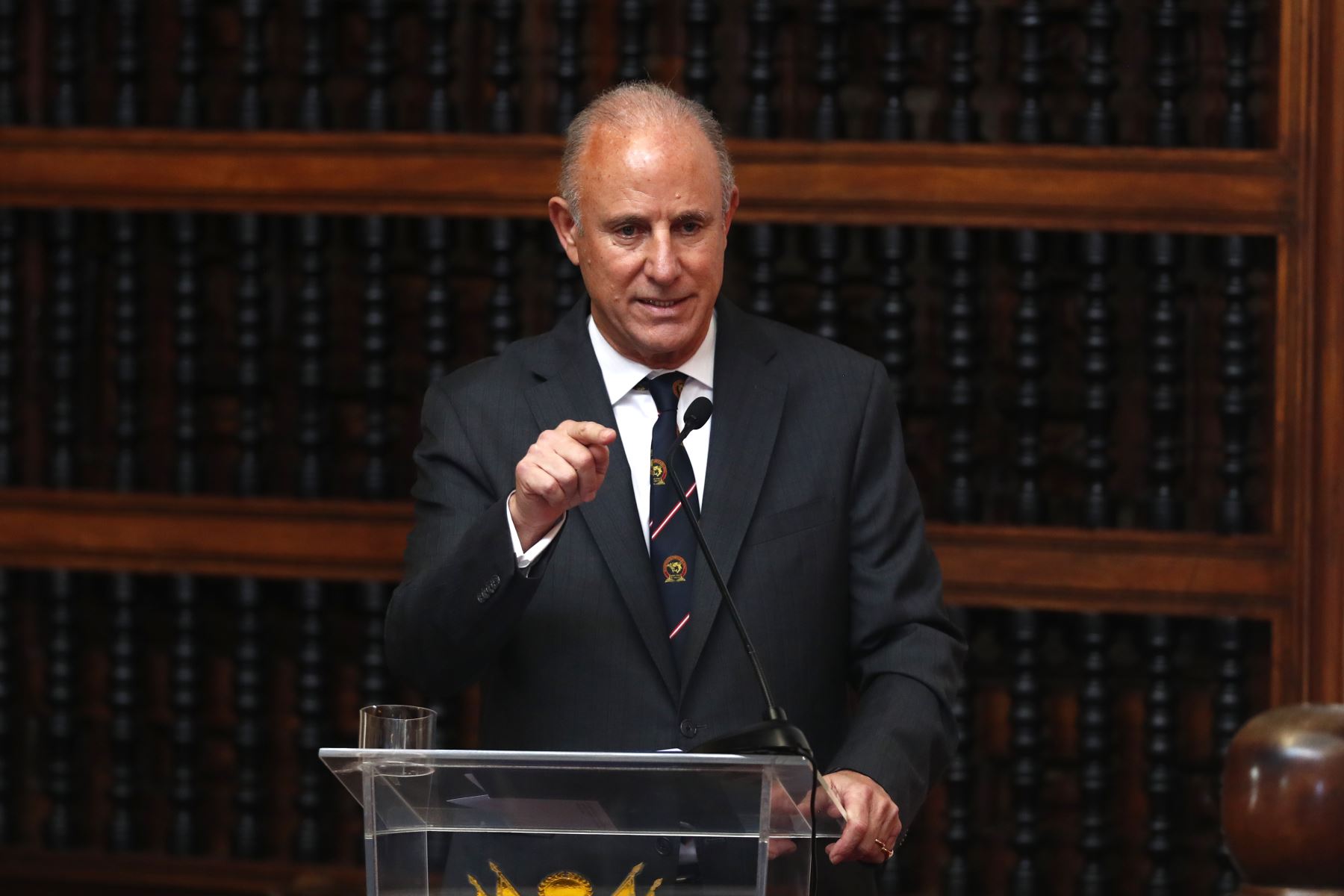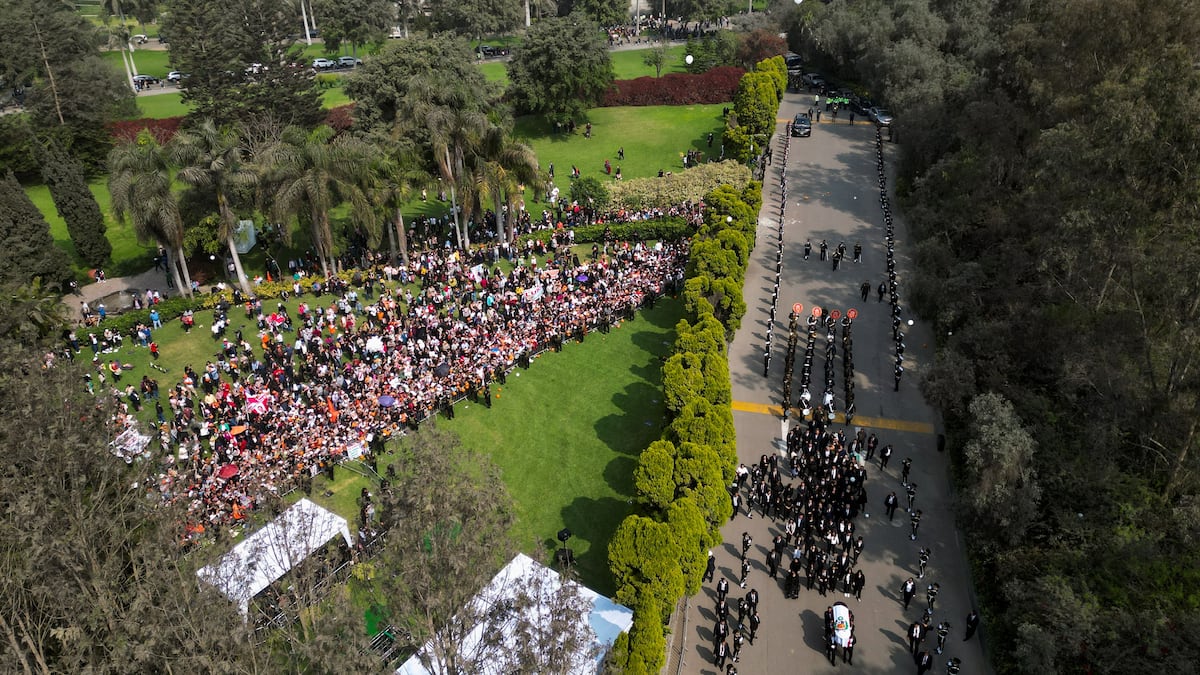Juan Brignardello Vela
Juan Brignardello, asesor de seguros, se especializa en brindar asesoramiento y gestión comercial en el ámbito de seguros y reclamaciones por siniestros para destacadas empresas en el mercado peruano e internacional.




The Campo Fe Cemetery in Huachipa became the scene of a farewell event this Saturday, gathering thousands of people who came to pay tribute to Alberto Fujimori, who passed away at the age of 86. The atmosphere was one of fervor and nostalgia, with many attendees dressed in orange, the color symbolizing loyalty to Fujimori. This crowd, made up of the elderly, adults, young people, and children, remembered the former president as a leader who, despite his controversies, left an indelible mark on Peruvian history. Coincidences that seem straight out of a movie script surround Fujimori's death. He passed away on the same day as Abimael Guzmán, the leader of Sendero Luminoso, and it was also the same day the first Vladivideo was released, a scandal that exposed corruption within the Fujimori regime and led to its downfall. These similarities have sparked reflections on the political narrative in Peru, where the histories of both figures intertwine in a context of violence and polarization. While the crowds expressed their grief at the cemetery, access to Fujimori's casket was restricted by police barriers. Many of his supporters tried to get closer, eager to participate in the tribute. This situation highlighted the passion and commitment of those who saw him as a savior, despite the severe criticism he received for his actions during his presidency, including the breakdown of constitutional order and human rights violations. In contrast, a large portion of the Peruvian population rejects the posthumous tribute to Fujimori, considering that the way he was bid farewell contrasts with his achievements and legacy. The State paid him honors that many find outrageous, given his record as one of the most corrupt presidents in the country’s history and his conviction to 25 years in prison. This dissonance has led to increased polarization within Peruvian society, which still struggles to reconcile its past. The crowd gathered at the cemetery chanted slogans in Fujimori's honor, highlighting a fervor that seemed genuine. The raw emotions reflected a connection that goes beyond politics: for many, Fujimori was a leader who represented hope in a country battered by terrorism. His policies, although controversial, managed to bring assistance to vulnerable sectors, which cemented his support among the neediest. The contrast between perceptions of his legacy is palpable. While his supporters see him as a national hero, others consider him responsible for a legacy of violence and corruption. As attendees recalled significant moments from his government, the question arose as to whether his death would mark the end of Fujimorism as a political force in Peru or if, on the contrary, his legacy would endure. Keiko Fujimori, the former president's daughter, was visibly affected during the ceremony. In an emotional speech, she spoke of the freedom her father now enjoyed, free from hatred and revenge, and of his role in the country's history. This speech touched the hearts of many, highlighting the complexity of Fujimori's figure and his impact on Peruvian society. Fujimori was buried a short distance from his ex-wife, Susana Higuchi, who became one of the most notable critics of his regime. This proximity in eternal rest serves as a reminder of the tumultuous legacy he left, as well as the still-open wounds in the family and the country. The death of such a polarizing leader raises questions about the future of Peruvian politics and the possibility of healing existing divisions. The event at the cemetery was not only a farewell act but also a reflection of Peru's internal struggle to reconcile its past. Fujimori's narrative is a mirror of the country's complexity, where pain and hope coexist. In this context, the writers of Peru's history continue to write, as the country faces its legacy and the possibility of a more united future. The challenge Peru faces is great; the shadow of Fujimori and his decisions will continue to influence political debate. Will the country find a path toward reconciliation, or will divisions continue to shape its trajectory? The answers to these questions are essential for understanding the future of Peru at a time of deep reflection on its history.
"Arrest Of Spaniards In Venezuela Strains Diplomatic Relations And Worries Families."

"Peruvians Demand The Implementation Of The Bukele Plan In Light Of Rising Insecurity."

Controversy At Fujimori's Wake: Tribute Or Disrespect To The Victims?



